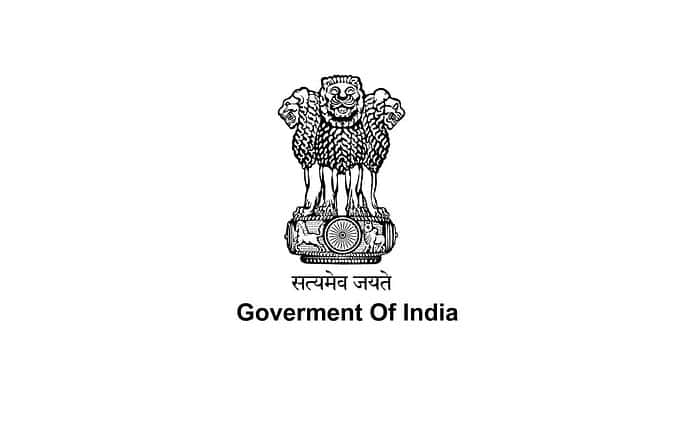Last Updated on January 6, 2024 by The Health Master
Fixed Dose Combination Drugs
The Indian government, following its ban on 14 fixed dose combination (FDC) drugs out of a list of 19 due to their lack of therapeutic purpose, is now scrutinizing three additional drugs, as per insider sources.
These drugs require more comprehensive safety and efficacy data before a decision can be made regarding their continued availability.
This article delves into the growing concern surrounding FDC drugs, the issues associated with their unchecked proliferation, and the government’s regulatory actions.
A fixed dose combination (FDC) is the combination of two or more drugs in certain fixed doses.
The Three FDCs under Investigation:
- Paracetamol + Phenylephrine + Caffeine
- Caffeine + Paracetamol + Phenylephrine + Chlorpheniramine
- Paracetamol + Propyphenazone + Caffeine
The Proliferation of Fixed Dose Combinations:
Fixed dose combinations (FDCs) refer to the amalgamation of two or more drugs in specific fixed doses. When a new combination is introduced, it is categorized as a new drug.
According to regulations, all new drugs must receive clearance from the central licensing authority before obtaining manufacturing licenses from state licensing authorities.
The Issue at Hand:
In its 59th report on the functioning of the Central Drugs Standard Control Organisation (CDSCO) released in 2012, the parliamentary standing committee of the ministry of health and family welfare highlighted a significant concern.
It was observed that several state licensing authorities had been granting manufacturing licenses for a large number of FDCs without obtaining prior clearance from the CDSCO.
This led to the availability of numerous FDCs that had not undergone adequate efficacy and safety testing, potentially jeopardizing patient health.
The enactment of new laws in 1988 required combinations of previously approved drugs to be treated as new drugs, necessitating adherence to the approval process.
CDSCO’s Warning and Actions:
The drugs regulatory body, CDSCO, urged state drugs controllers to compel manufacturers to demonstrate the safety and efficacy of such FDC drugs within 18 months, failing which the manufacturing, sale, and marketing of these drugs would be prohibited in the country.
Formation of Expert Committees:
In 2014, the ministry formed an expert committee chaired by C.K. Kokate to evaluate the vast number of FDC applications.
The committee submitted numerous reports to the health ministry, creating four distinct categories for classification:
- a) Irrational FDCs,
- b) FDCs requiring further expert deliberation,
- c) Rational FDCs, and
- d) Rational FDCs necessitating additional data generation.
In March 2016, approximately 300 FDCs came under government scrutiny, including 19 claimed to be pre-1988 formulations.
Manufacturers challenged the government’s order, leading to separate deliberations for these 19 FDCs. The judgments regarding these FDCs were passed in 2017 and 2019.
Bhatia Committee’s Role:
In 2021, the government established another expert committee, headed by M.S. Bhatia, to examine the 19 pre-1988 FDCs.
The committee, comprising experts from the University College of Medical Sciences, submitted a report in April of the same year.
Out of the 19 scrutinized FDCs, 14 were deemed irrational and posed risks to human health, leading to their ban.
Two formulations were considered rational, while the remaining three require further safety and efficacy data.
A government official, speaking on condition of anonymity, stated that the manufacturers of these three FDCs have been instructed to generate market surveillance data.
Subsequently, the collected data will be reviewed by experts to determine the future course of action.
Conclusion:
With concerns rising over the unchecked proliferation of fixed dose combination drugs, the Indian government continues its efforts to regulate and ensure the safety and efficacy of such formulations.
The ongoing scrutiny of three additional FDCs highlights the commitment to protecting public health.
By adhering to rigorous approval processes and demanding thorough safety and efficacy data, the government aims to strike a balance between access to effective medications and patient well-being.
List of approved FDCs (Fixed Dose Combinations) Updated
Pharma Traders Association request time to withdraw recently banned 14 FDCs
394 Product Permissions of 14 banned FDCs to be cancelled: Gujarat
Govt gives nod to sale of 2 rational FDC drugs
USFDA gives final nod for Varenicline Tablets
USFDA concludes inspection at Zydus with zero observation
DTAB recommendation: On presence of banned antibiotics in food producing animals
Codeine cough syrup worth Rs 35 lakh seized: Maharashtra
DTAB: Proposal to Amend Medical Devices Rules for Hospital Imports
Guidance documents for industry
USFDA completes inspection of Dr Reddy’s with zero observation
PCI and IPA join hands to enhance quality of Pharmacy Education
USFDA issues Form 483 with 11 observations IPCA Labs: Ratlam
UP Govt Drafts Pharmaceutical Industry Policy 2023: Details
Safe Disposal of Unused Drugs: Urgent Need a Comprehensive Policy








